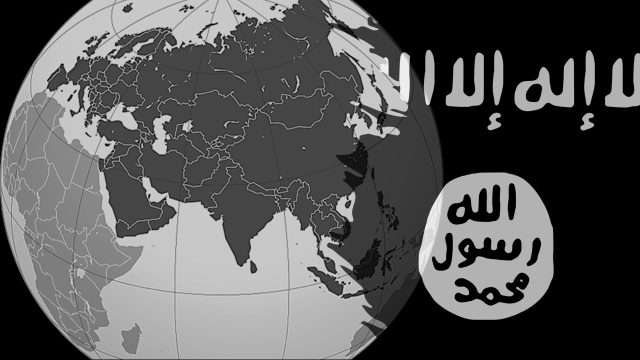Islamic State’s new leader and future threats in Eurasia

Author: Giuliano Bifolchi
After the Islamic State (IS) leadership announced the appointment of the new organisation’s Caliph, Abu al-Hassan al-Hashimi al-Quraysh, we might predict increasing terrorist attacks and operations in Eurasia, especially in the AfPak, Syria and Iraq.
Al-Furqan media, which handles the official communications of the Islamic State leadership, released new audio which announced that the Shura Council had appointed a successor and new “caliph” Abu Al-Hassan al-Hashimi Al-Quraysh (Al-Furqan media announced the release of a new media product). The Islamic State used verse 23 of the Sura Al-Ahzāb (the Parties) as the title of its audio message promoting the appointment of Abu al-Hassan al-Hashimi al-Qurashi.
“Among the believers are men who have proven true to what they pledged to Allah. Some of them have fulfilled their pledge with their lives, others are waiting their turn. They have never changed their commitment in the least.”(Quran 33:23)
Following this announcement, wilayats started pledging their allegiance to the new Islamic State’s new leader, confirming that the terrorist organisation has widely spread in Eurasia and might activate several terrorist cells and organise terrorist attacks (Islamic State wilayats pledged allegiance to their new leader).
Why does it matter?
Evaluating recent attacks and operations in Eurasia, we might forecast that the Islamic State will increase its operations in Pakistan and Afghanistan, mainly against the Shia community as recently confirmed in the Peshawar attack (The terrorist attack in Pakistan highlights regional instability) and by our monitoring activities in Afghanistan (In Afghanistan drug trafficking and terrorism are increasing among regional concerns; Mapping and monitoring terrorist activities in Afghanistan in 2021). Also, in Iraq and Syria, the Islamic State’s activities might increase its violent activities considering the delicate regional political situation and the ongoing battle between foreign fighters and local security forces. For instance, in 2021, the Islamic State carried out 257 terrorist attacks in various parts of Iraq, mainly in the disputed territories. On January 11th, 2022, the Peshmerga Ministry of Kurdistan announced that last year’s terrorist attacks killed 387 people, injured 518 and left 37 missings.
Since April 2nd, 2022, the Muslim umma (community) will start celebrating Ramadan, these countries might experience a powerful upsurge of terrorist attacks for April-May to mark the new Caliph’s appointment.
